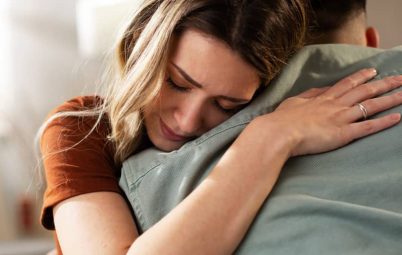My Unmarried Partner Dies – But Still Married, Can I Claim?
This can be a heartbreaking situation following a fatal accident claim. Where a couple are not married but are living together there is no automatic right for the surviving partner to bring an action for the unlawful death following a fatal accident. This is governed by the Fatal Accidents Act 1976 which states that if there are co-habities, then the survivor can only claim as a dependant of the loss of their loved one if they were living together as ‘husband and wife’ for a period of 2 years immediately prior to death. The law has subsequently been updated to included same sex co-habities.
The law was challenged under Section 4 of the Human Rights Act 1988 in a case called in a case called Swift v Secretary of State 2013 to overturn the offending section 1(3)(b) of the Fatal Accidents Act 1976 (as amended) as incompatible and thus should be overturned.
Fatal Accidents Act 1976
Under the Fatal Accidents Act, 1976, only 3 groups of people are entitled to make a fatal accident compensation claim following the death of an individual. They are:
- dependants of the deceased,
- close relatives of the deceased,
- deceased’s estate.
Dependency claims are usually ‘financial dependents’ of the deceased under the Fatal Accidents Act 1976, husbands, wives or civil partners, parents or ascendants, children or other descendants and brothers, sisters, aunts and uncles.
But for co-habitees, the law has been strictly applied and the Human Rights Act does not help. In the above case of Ms Swift she had been living with her partner for just 6 months prior to his untimely death where he was fatally injured at work. She was pregnant at the time of death. Despite the fact she was having his child she could not be classed as a dependent of her partner because she did not live with him for a period of 2 years prior to death as ‘husband and wife.’ Her appeal was dismissed and as said before even the Human Right Act would not help her. The same will apply to a Civil Partnership.
What if the Deceased Co-Habitee Was Also Married?
In this was the case, the estranged wife will also be able to claim as a dependent and also claim a bereavement award as she will come under list of limited people who can claim.
However if the Co-habitee had been living with his or her partner for more than 2 years prior to death as ‘husband and wife’ then the co-habitiee may also claim for a dependency award along side the ‘married partner.’ This is because there can be more than one dependant who can claim at the same time.
So if there are also children to the relationship of the deceased, each child may also be able to claim for a dependency award in addition to the partner(s) of the deceased.
If there is a conflict between dependents as to who can claim for a death following an accident they dependents may require separate legal advice from specialist fatal accident claim solicitors.



